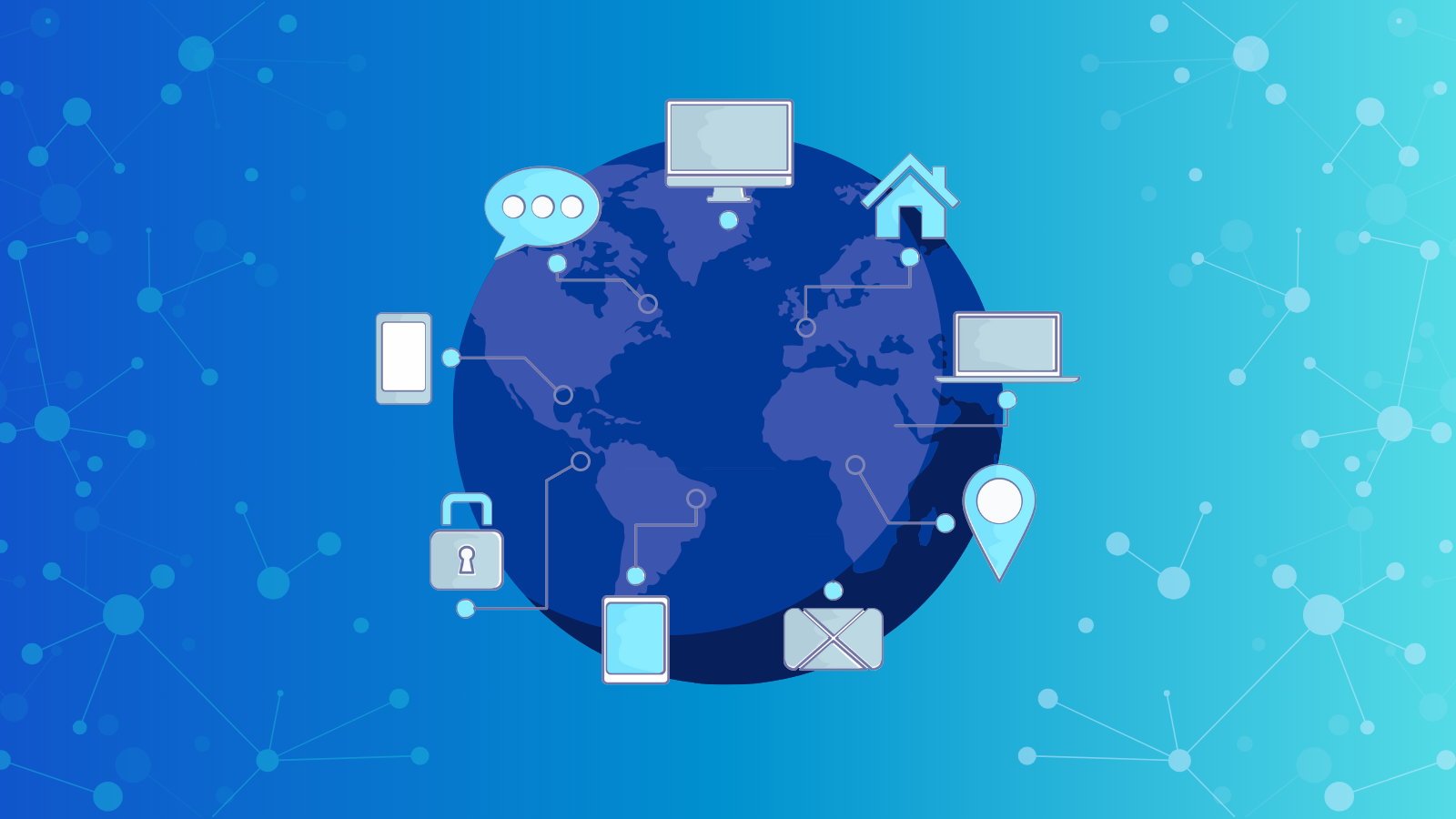On September 22, 2024, world leaders adopted a Pact for the Future that includes a Global Digital Compact (GDC). The GDC sets out a framework for global governance of digital technology and artificial intelligence, specifying the need to advance responsible, equitable and interoperable data governance. As part of the UN Science Summit, the Datasphere Initiative held a session with partners to discuss what’s next for data governance beyond the GDC and how recommendations could manifest outside the UN policy space in the years to come. This blog presents some of the highlights and suggestions shared on how to bring attention to the need for international investment and collaboration on data governance moving forward.
What does the GDC say about data governance?
Objective 4 of the GDC calls to advance responsible, equitable and interoperable data governance approaches. The document recognizes data as a critical enabler of development and cross-border data flows as a key driver of the digital economy. The final text highlights the need for appropriate data governance safeguards such as privacy and security and includes support for interoperability between national, regional and international data policy frameworks. The document calls on the UN Commission on Science and Technology for Development (CSTD) to establish a dedicated working group to engage “in a comprehensive and inclusive multi-stakeholder dialogue on data governance at all levels as relevant for development”.
Is it a positive outcome for organizations and individuals who care about data?
The beginning of the GDC consultations risked missing out data governance altogether so its inclusion arguably recognises data as a foundational piece to emerging technologies and the digital agenda. Data governance is a patchwork of efforts and standards across the globe and dialogue on cross-border data flows often give way to tensions between countries, therefore the inclusion of data governance as a hook for further progress can be considered as significant. What is more, the establishment of a CSTD working group specifies a clear next step and process for international efforts on data governance. This move arguably recognises the necessity of producing intelligence and broader understanding of data governance and its complexities within the UN system.
“If you care about how data is governed – watch this space” Jenna Slotin, Senior Director of Policy, Global Partnership for Sustainable Development Data.
How does this relate to other international policy processes?
The GDC won’t exist in vacuum but as one of the international documents on digital policy coming out of 2024. How to best approach data policy and its cross-cutting nature was unsurprisingly a key question during Brazil’s G20 Presidency. Within the T20, actors called for a “D20” to provide a comprehensive process that acknowledges the way data touches on all sectors and policy areas within the G20. The proposal specifies that a D20 could help address inequality in knowledge production on data by building a knowledge repository that can be shared across G20 cycles and working groups.
“We need to get a lens back on data as something that is fundamental to other engagements” Stephanie Diepeveen, Senior Research Fellow, Digital, Politics and Governance Team, ODI.
“The health track has a specific idea about data governance, the digital economy group had a different idea. How can we have a convergence movement in terms of agenda setting?” Bruno Bioni, Founder and Director of Data Privacy Brasil.
How will high-level policy recommendations translate on the ground?
The GDC mentions the need for “interoperability” in data governance approaches. While a seemingly technical concept, it remains key for organizations and individuals to use data in sectors such as agriculture and health. Understanding real world use cases of data and the policy and practices needed to support responsible access and use can be missed from top-down policy efforts.
“We know interoperability is important but there are big gaps about how we get from here to there. How can we have data help with the issues people care about?” Beverley Hatcher-Mbu, Deputy Director of Programs, Development Gateway: An IREX Venture.
As the data and AI landscape interact and become increasingly political and embedded in technical choices, what can become an abstract conversation around flows and roles of stakeholders, can quickly translate into policy choices directly impacting citizens and communities.
“It is important that not only experts and policymakers are consulted when producing data governance policies, but that individuals and communities who will be affected by those policies are given space to learn about the issues and provide their own inputs and recommendations.” Tim Davies, Research and Practice Director, Connected by Data.
Global collaboration on inclusion for example, needs to account for diverse local realities especially in the Global South. Leveraging global benchmarks such as the Global Data Barometer can help identify local data governance challenges and better understand national contexts.
“Often having a one size fits all approach leaves behind least developed countries” Silvana Fumega, Project Director, Global Data Barometer.
How can we make the connection between top-down and bottom-up action on data governance?
The inclusion of data governance in the GDC and the “Pact for the Future” highlights the growing recognition that the way we think and govern data is going beyond the tech sector and becoming a cross-cutting thread for many policy agendas.
“We need investment in a global and coherent approach to data” David Passarelli, Director, UNU’s Centre for Policy Research.
The reference to data governance in the GDC is a starting point, but further exploration of a global governance structure for data needs to help lay the foundation for principles for data governance that translate from high-level top down policy debates into real-world applications and affected people. An International Decade on Data would leverage a “tool” used by UN countries previously, and could help connect efforts that are high-level and also bottom up. The International Decade on Data could provide: the time to solve a complex global challenge, offer a mission and vision for the international community and encourage innovation and investment in data governance (See T20 Policy Brief on the topic here).
“Building mechanisms to share resources across different sectors can further enhance our data management capabilities and also opens up opportunities for innovation.” Lorrayne Porciuncula, Executive Director, Datasphere Initiative.
The Datasphere Initiative will continue to convene interested individuals and organizations to discuss global data governance policy efforts and processes. Read about the events at the UN Science Summit Event here. Follow the Datasphere Initiative on LinkedIn for similar blogs and events.





